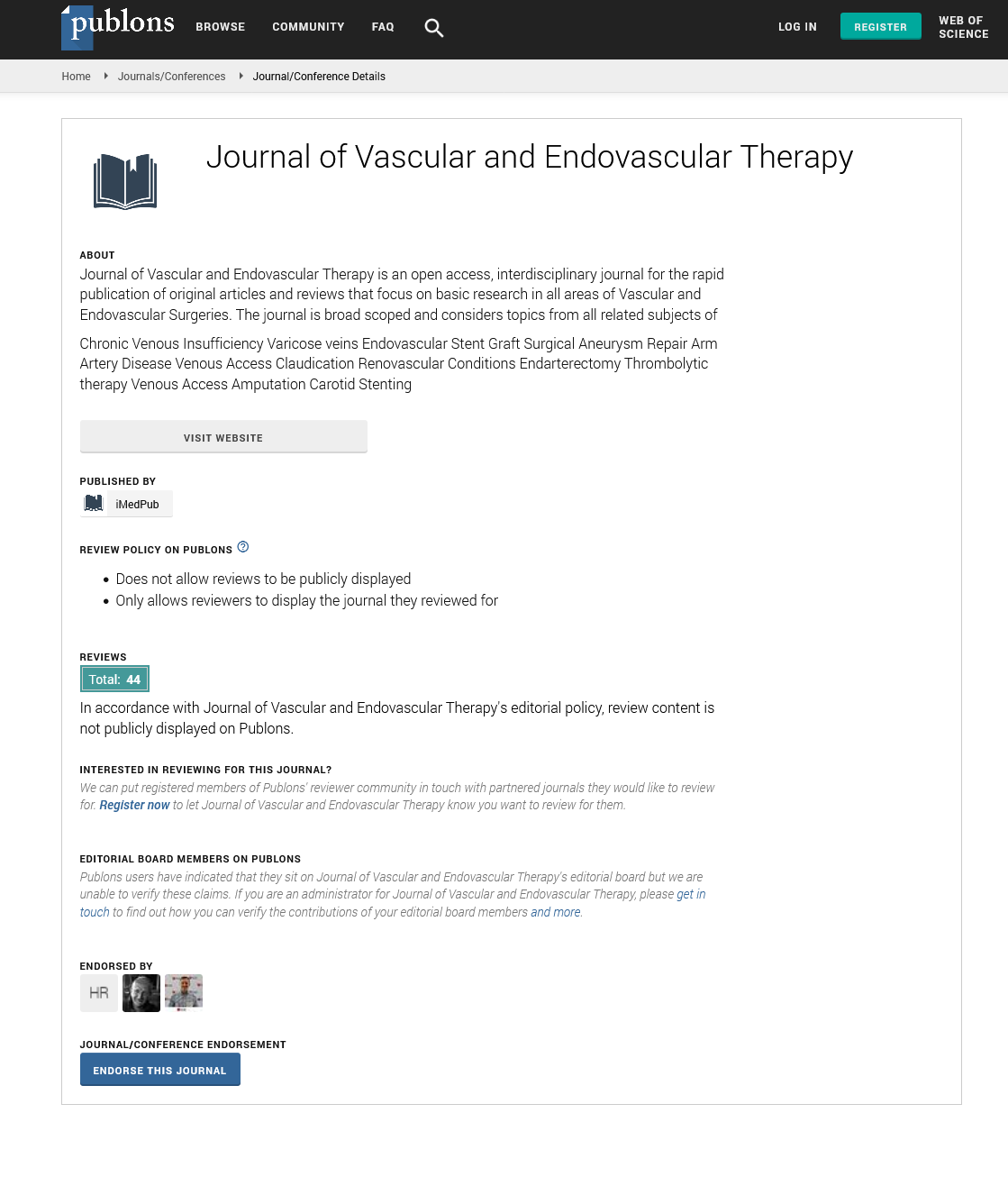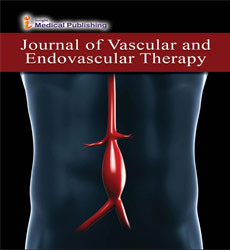Abstract
Trial Long-Term Outcomes of Transcarotid Arterial Revascularization (TCAR) Following Mechanical Thrombectomy for Ischemic Stroke: A Case Series
Introduction: Severe carotid artery stenosis is a common risk factor attributable to approximately 15% of all ischemic strokes. After a stroke event, carotid revascularization is often pursued to mitigate this risk via Carotid Endarterectomy (CEA) or Carotid Artery Stenting (CAS). The current standard of care for standard risk patients with symptomatic carotid artery stenosis between 50%-99% is CEA or Trans Carotid Artery Revascularization (TCAR). TCAR is a novel technique that uses reversal of flow with direct trans cervical carotid access to minimize risk of antegrade embolic stroke, arch manipulation, and damage to nearby structures. TCAR is often performed for chronic stenosis of carotid artery bifurcation; however, in case of an unstable carotid artery plaque causing distal embolization there is no outcomes data for patients receiving TCAR in the setting of a recent intracranial mechanical thrombectomy for ischemic stroke a common clinical presentation.
Methods: We report a retrospective single-center series of five patients who received TCAR following intracranial thrombectomy in the setting of acute ischemic stroke from December 2018 to October 2021.
Results: All five patients were successfully revascularized under either local anesthesia or general anesthesia with no adverse cardiac events, post-operative stroke or cranial nerve injury immediately post op and in 12 months followup period. One patient required extension of the original incision for treatment of an access site common carotid artery dissection.
Discussion: The use of TCAR status post-intracranial mechanical thrombectomy appears to be a viable option in patients with high perioperative cardiac risk, high bifurcation, or other risk factors for standard CEA. Further research, however, is needed to validate long term efficacy and safety-profile in this select patient population.
Author(s):
Abstract | Full-Text | PDF
Share this

Google scholar citation report
Citations : 177
Journal of Vascular and Endovascular Therapy received 177 citations as per google scholar report
Journal of Vascular and Endovascular Therapy peer review process verified at publons
Abstracted/Indexed in
- Google Scholar
- Open J Gate
- Publons
- Geneva Foundation for Medical Education and Research
- Secret Search Engine Labs
Open Access Journals
- Aquaculture & Veterinary Science
- Chemistry & Chemical Sciences
- Clinical Sciences
- Engineering
- General Science
- Genetics & Molecular Biology
- Health Care & Nursing
- Immunology & Microbiology
- Materials Science
- Mathematics & Physics
- Medical Sciences
- Neurology & Psychiatry
- Oncology & Cancer Science
- Pharmaceutical Sciences


